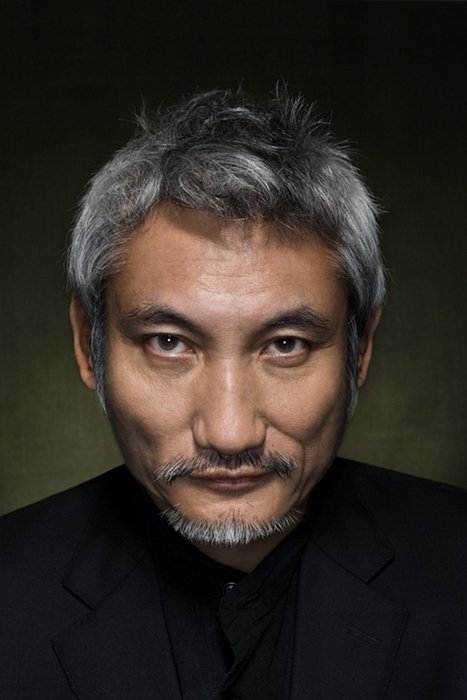
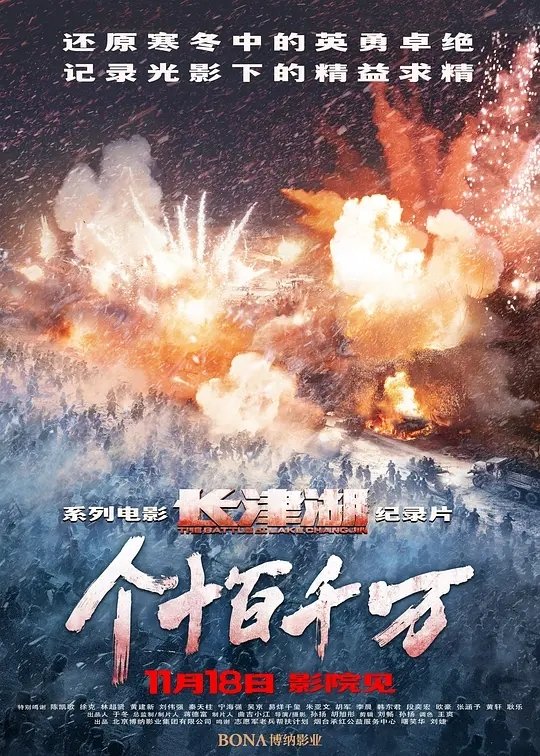
A documentary on the making of China's war epic "The Battle at Lake Changjin".
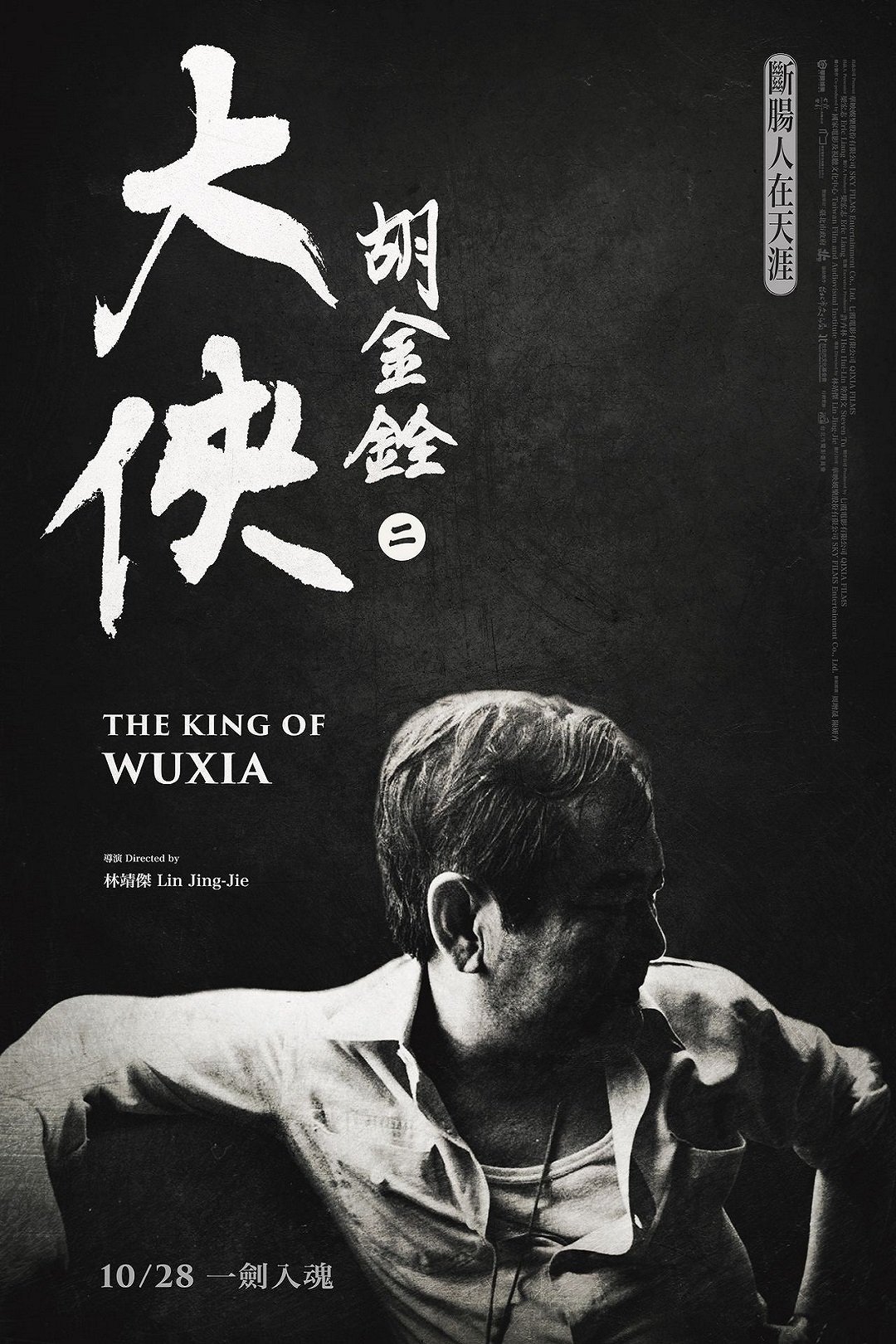
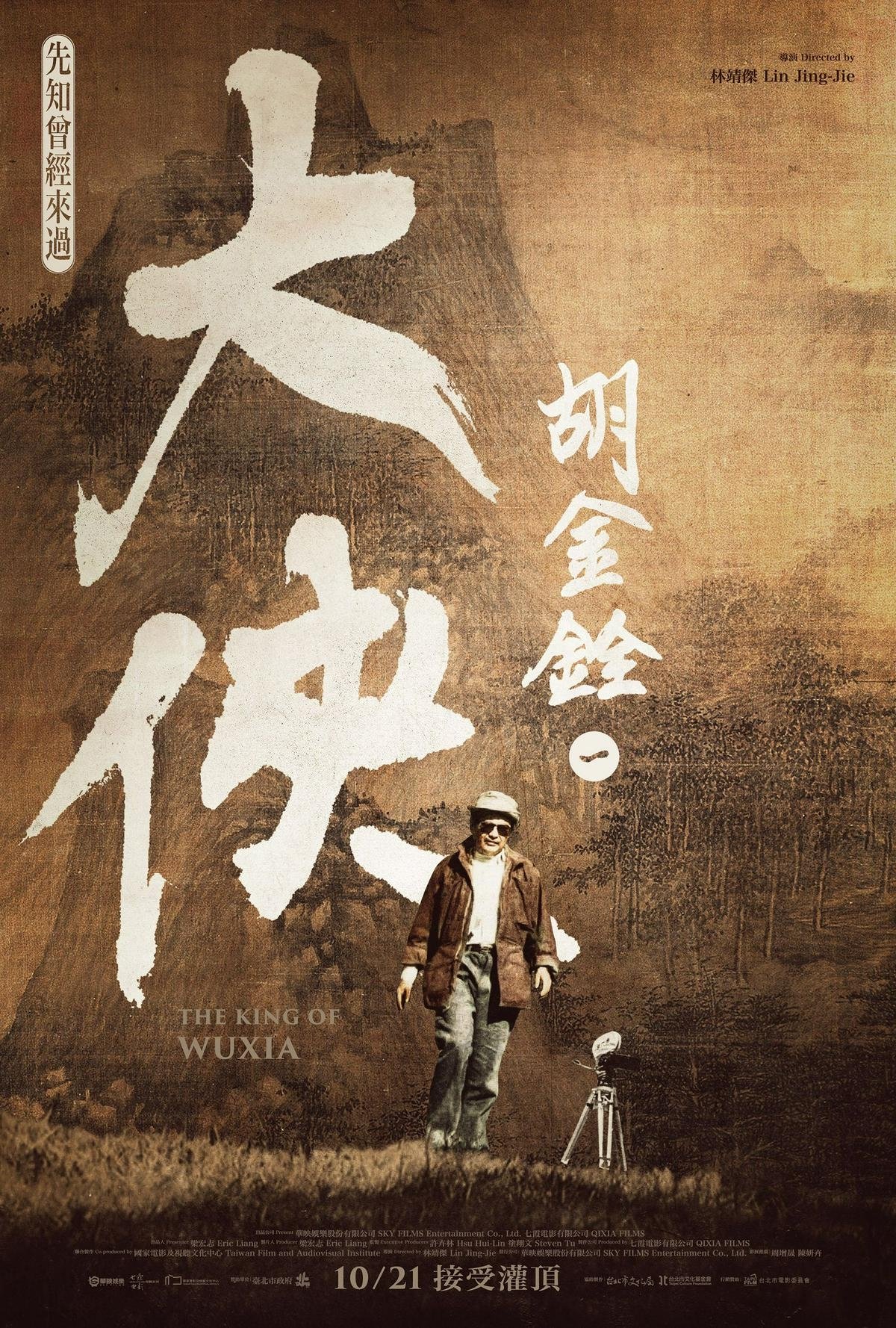
The life of the epoch-making master of martial arts cinema, King Hu.
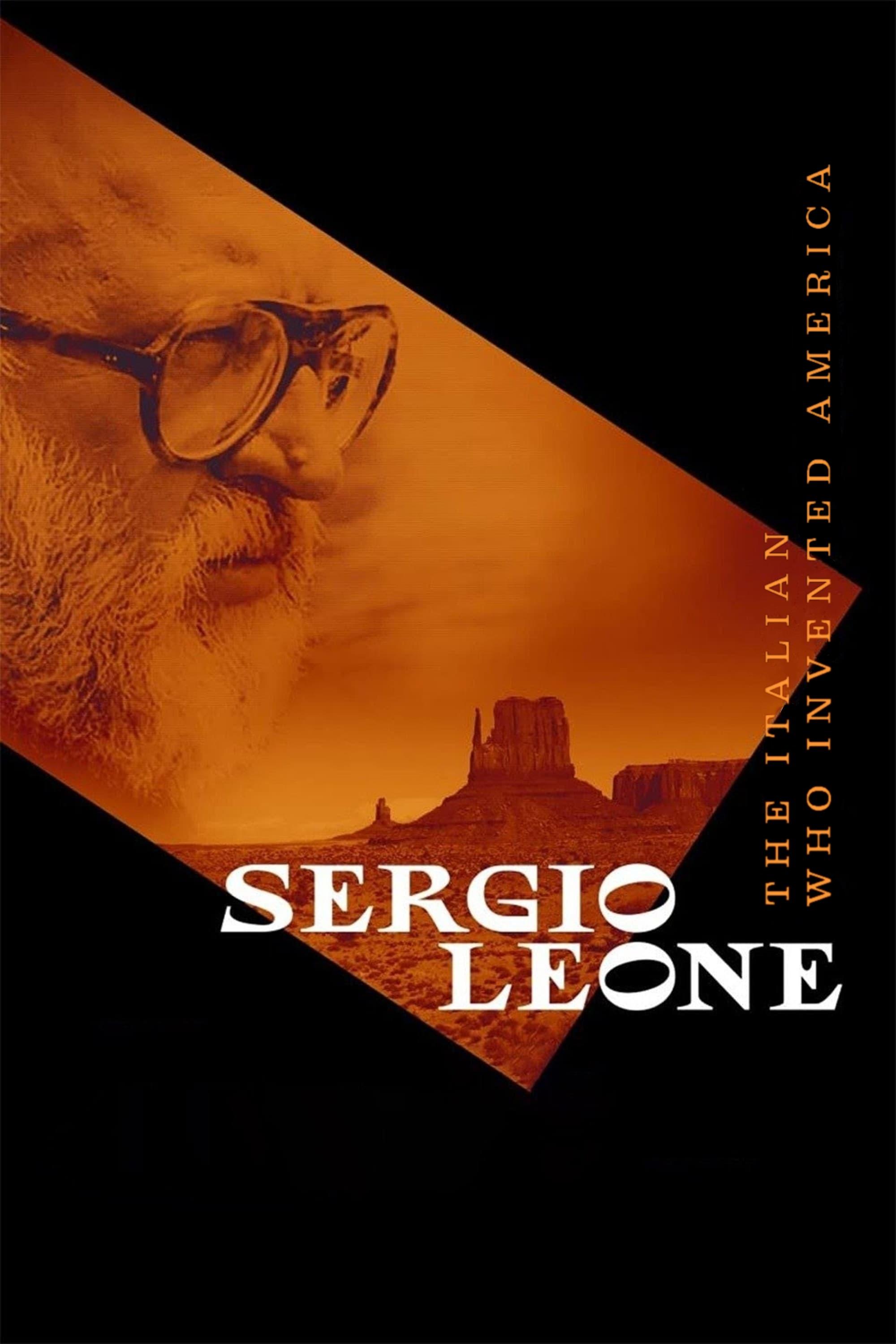
To mark the recent thirtieth anniversary of Sergio Leone’s death, this documentary sets out to pay tribute to one of the great legends of world cinema. The singular artistic vision of Sergio Leone has transcended national borders, creating the Spaghetti Western genre and transforming the international cinematic panorama forever with his innovative stylistic and narrative solutions, which have now become part of the language of the movies. The film, which is enriched with precious archive footage from the Cineteca di Bologna, including rare audio recordings and film clips shot behind the scenes, sees for the first time the direct participation of the Leone family and has interviews both with Leone’s longtime collaborators and with icons of Hollywood who have been profoundly influenced by his work.
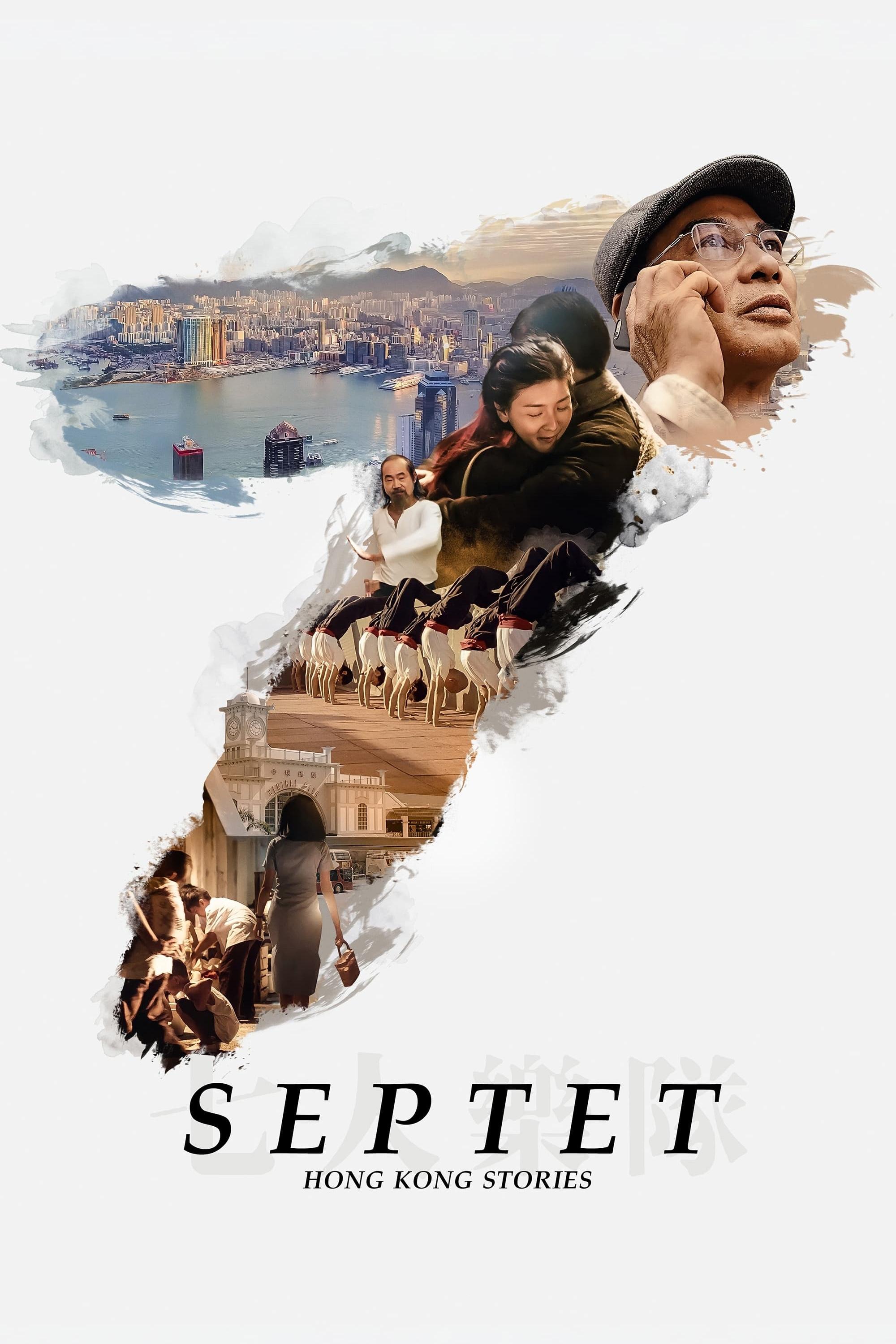
A seven-part anthology film exploring the history of Hong Kong from the 1940s to present day.
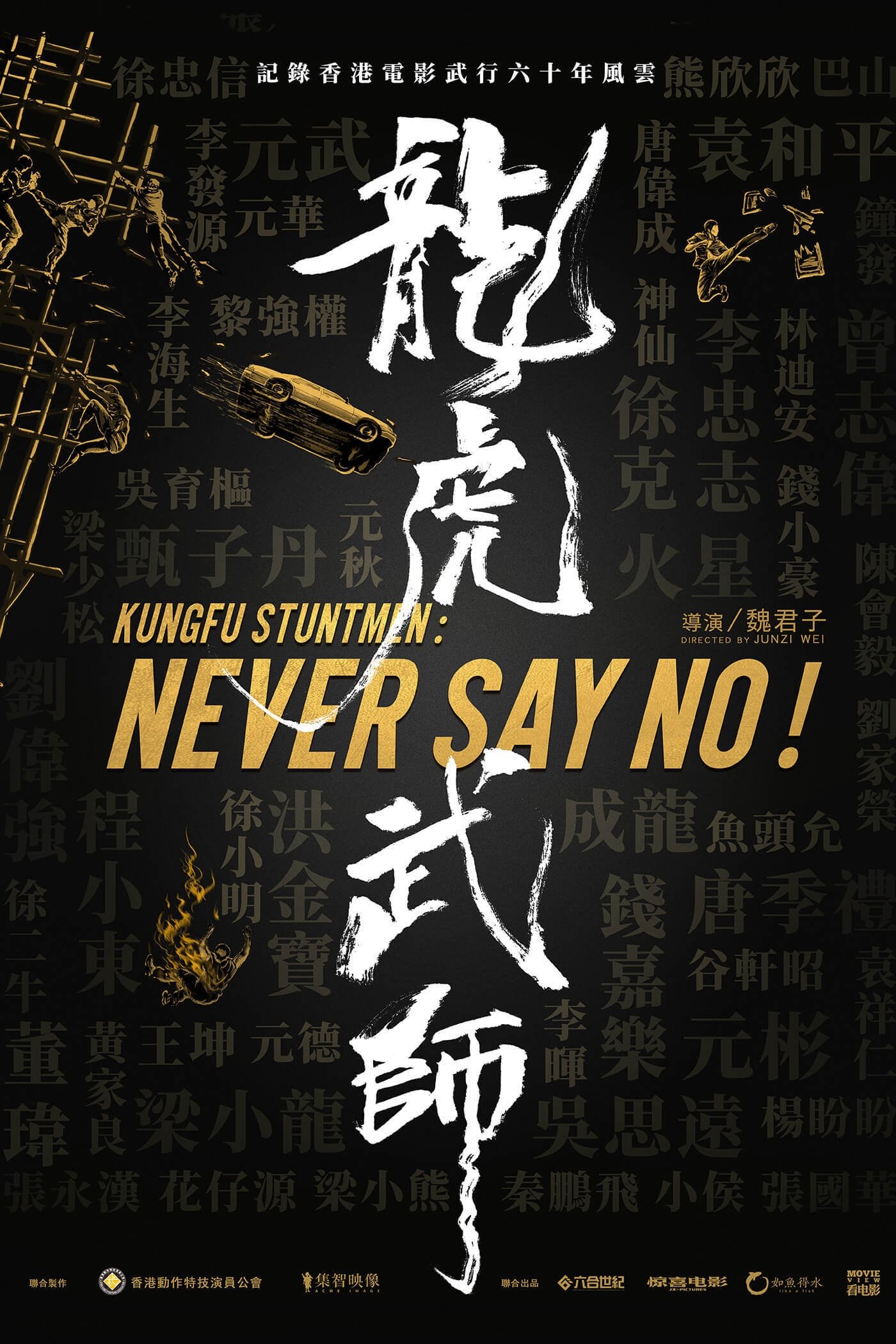
A new documentary film revisits the golden age of kung fu stuntmen and action directors in Hong Kong during the 1960s-'80s, exploring their pain and struggles. The documentary is a tribute to kung fu stuntmen. “They risked their lives for stunts,” said kung fu choreographer Yuen Bin. In their heyday, these stuntmen and choreographers presented the best, most creative and most complicated kung fu fight sequences anywhere in the world, creating stunts that looked seemingly impossible.
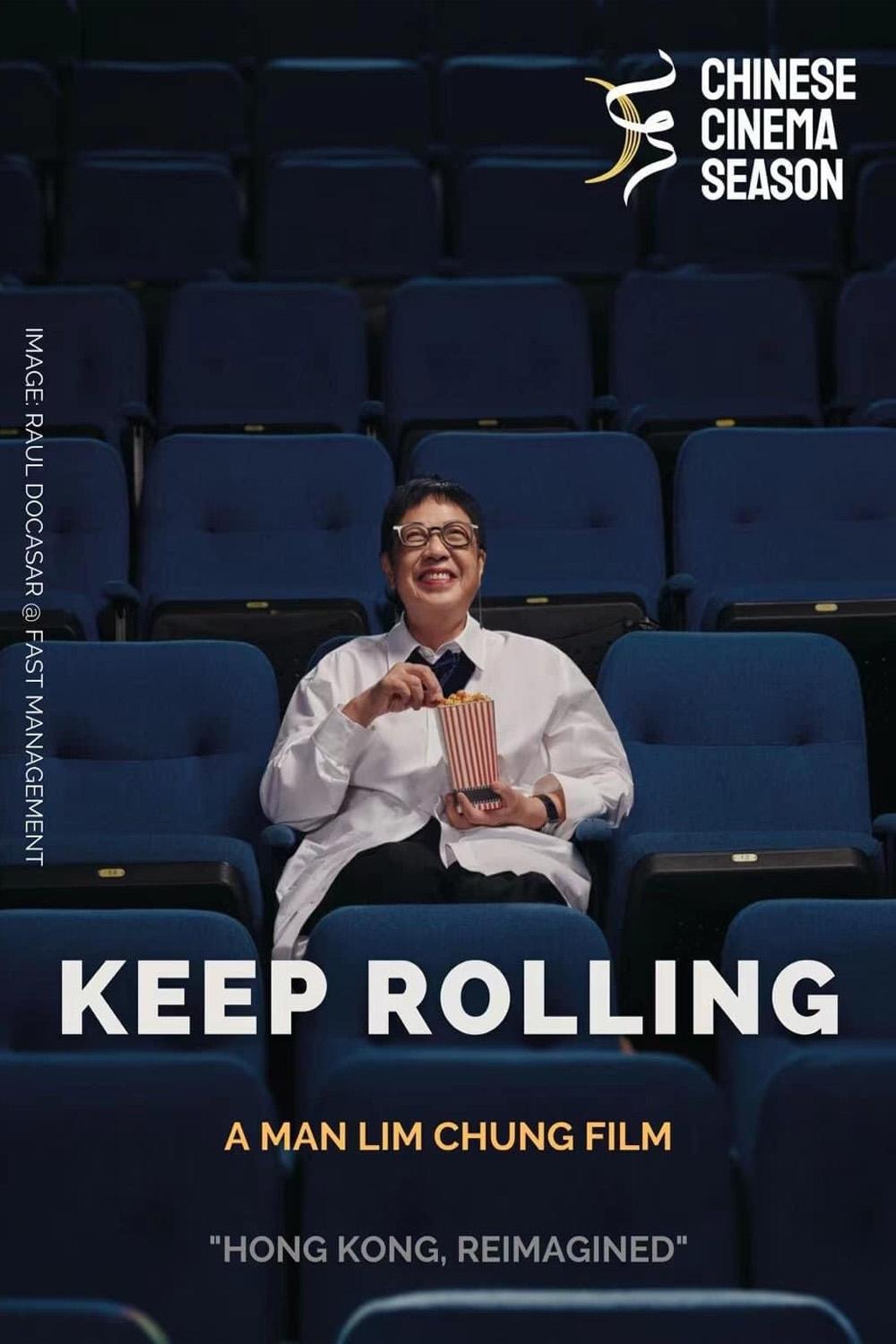
One of Hong Kong's most influential filmmakers, Ann Hui, becomes a “star” for the first time in Man Lim-chung's directorial debut. A forerunner of the New Wave, Hui’s tumultuous, forty-year career is an unequivocal testimony to her unyielding dedication to filmmaking, and her expedition into the metamorphic city. This biopic probes into the acclaimed director’s idiosyncratic world, where we witness her rashness and goofiness, as well as her humanistic concerns for the everyday nobodies which make her films so moving.
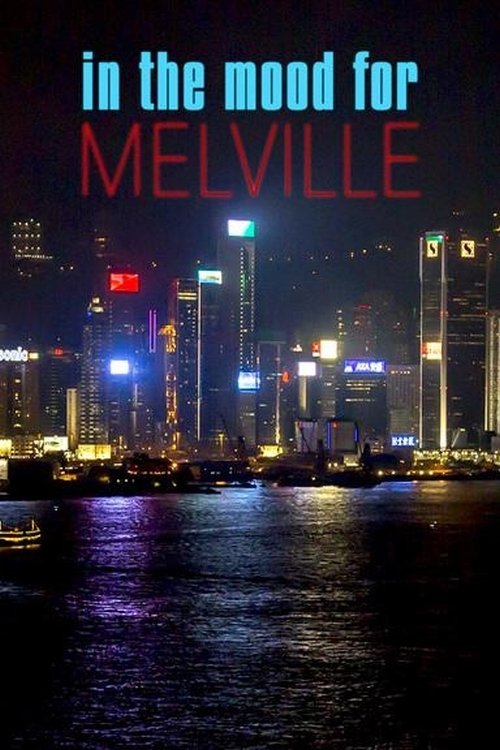
Various directors and film critics discuss Jean-Pierre Melville’s importance and influence in the world of cinema.
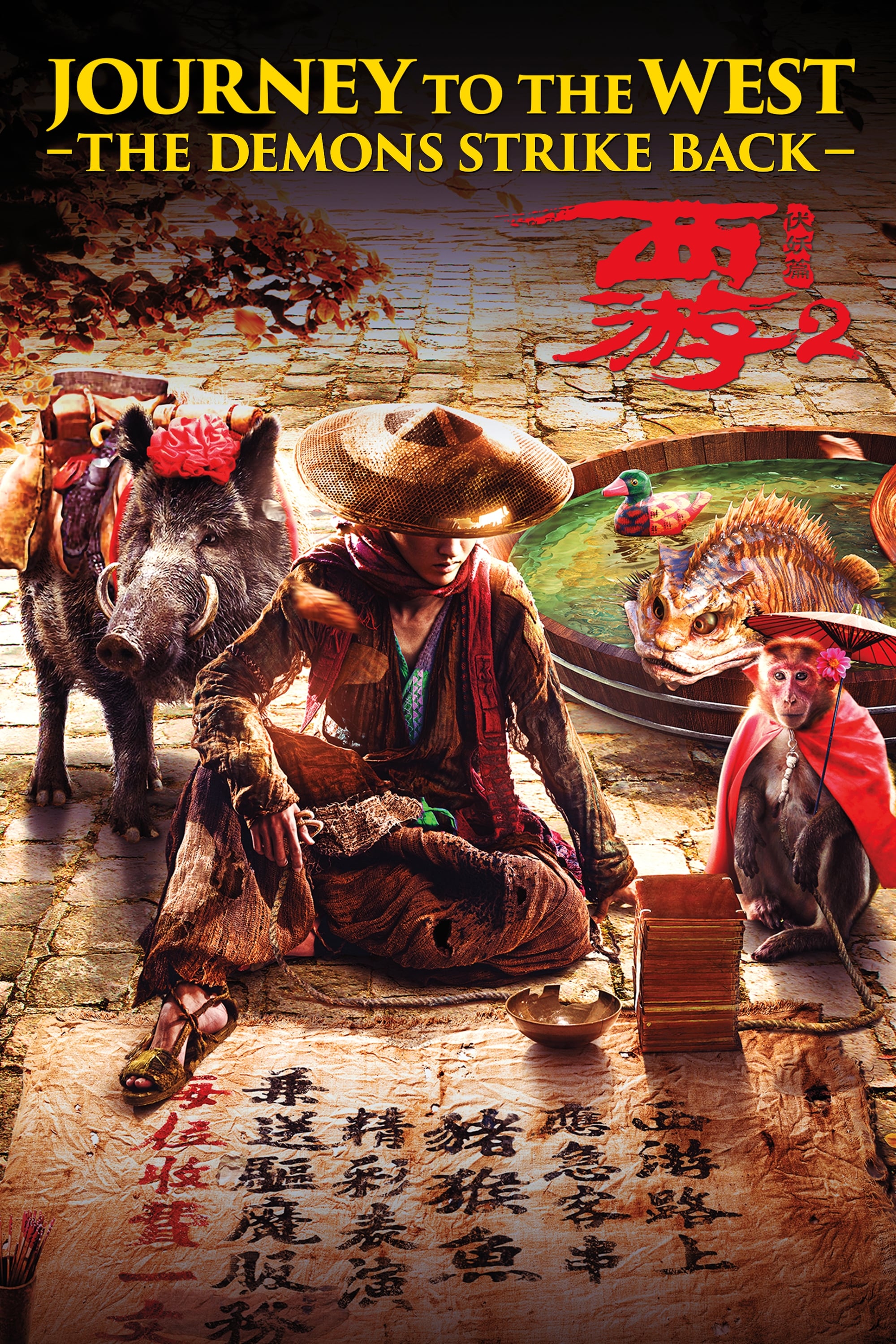
Tang Monk brings three disciples on a journey to the West. On the outside, everything seems harmonious. However, tension is present beneath the surface, and their hearts and minds are not in agreement. After a series of demon-capturing events, the monk and his disciples gain mutual understanding of each others' hardships and unease. Finally, they resolve their inner conflict and work together to become an all-conquering, demon-exorcising team.
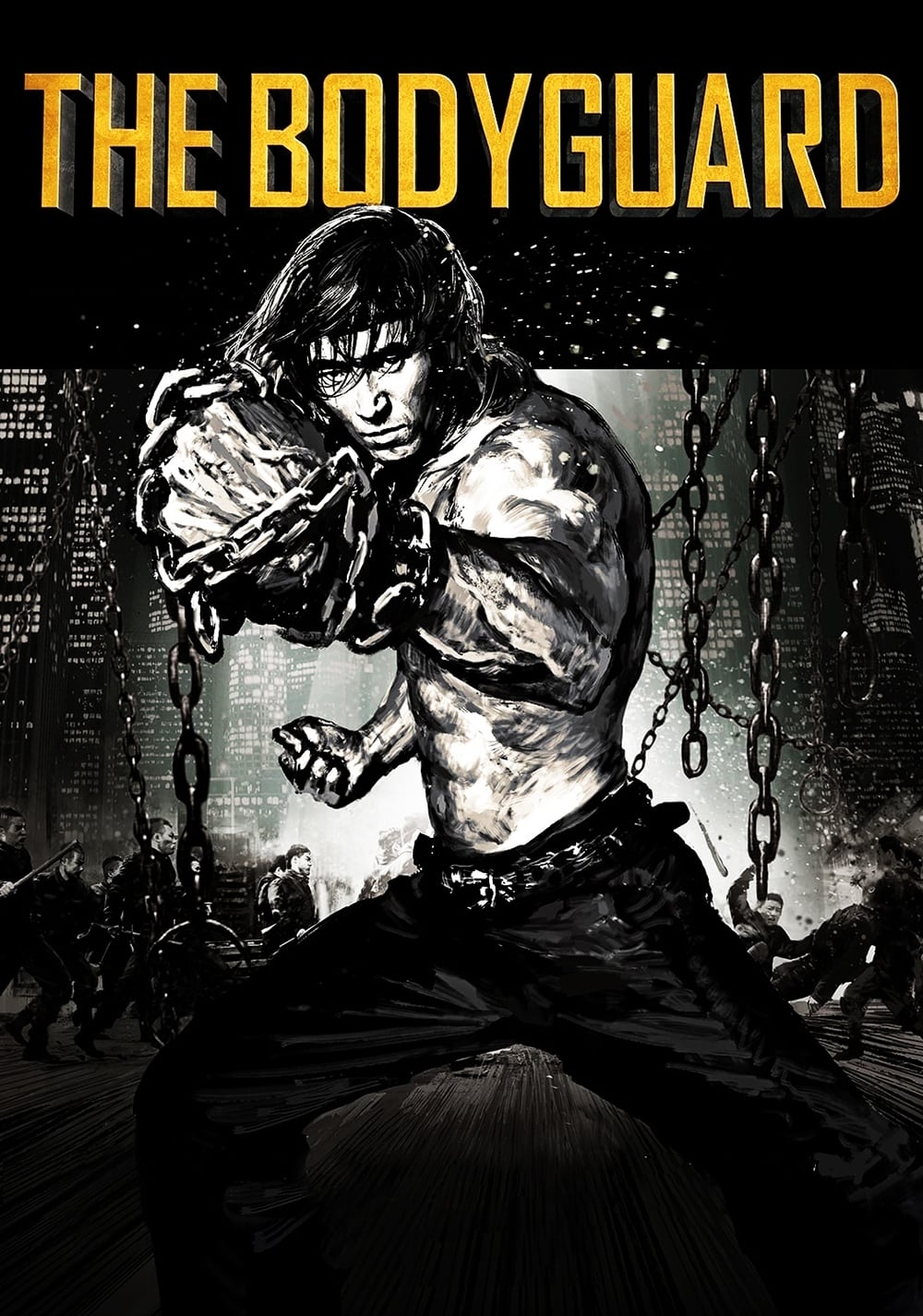
Wu-Lin is the successor of an ancient, once powerful Chinese clan, the "Iron Feet." After the death of his master, Wu-Lin leaves his rural village for the City of Stone-Cold looking for his fellow apprentice Jiang Li. Along the way, he becomes the bodyguard of Fei-Fei, the daughter of Jia-Shan Li, the richest family in the city, and quickly gets drawn into a mob war in order to protect her.
Tsui Hark (Chinese: 徐克, Vietnamese: Từ Khắc, born 15 February 1950), born Tsui Man-Kong, is a New Wave film director in Hong Kong and an influential film producer. He is viewed as a major figure in the Golden Age of Hong Kong cinema (typically early 1980s to mid 1990s).
By browsing this website, you accept our cookies policy.